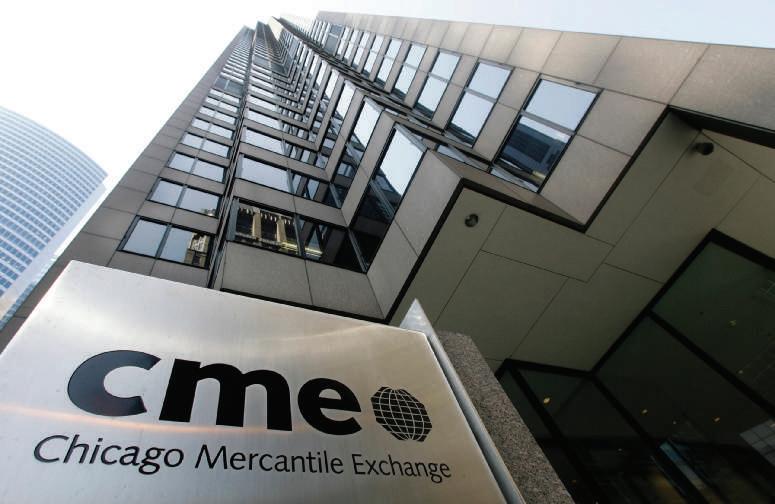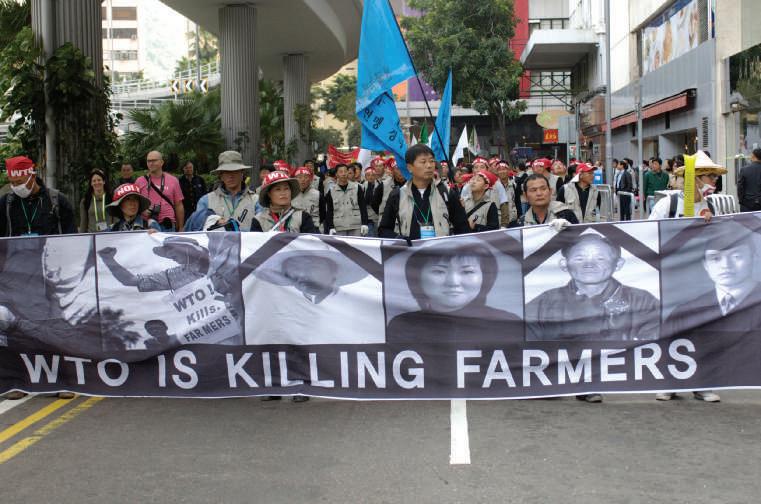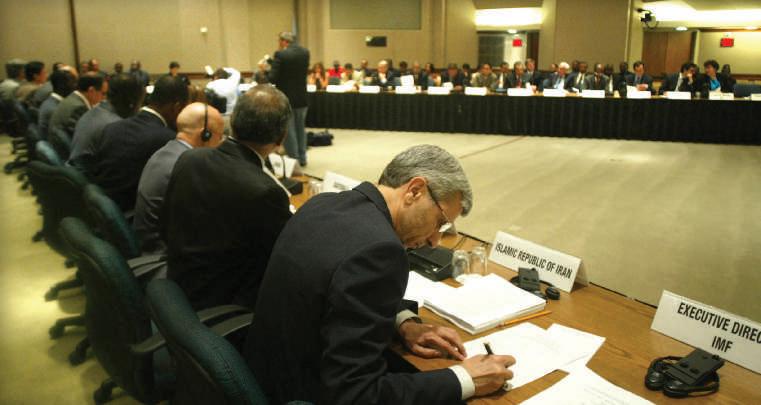184
C h a p t er 7 C orr u p t i o n a n d E t h i cs i n G lo b a l B u s i n ess
jorisvo/Shutterstock.com
7-6a F oreign Corrupt Practices Act
Concepts of internal control have ancient origins, such as the Apostle Paul’s writing about the dual custody of assets and how it protects an honest person from suspicion and false accusation.
In recent years, the Foreign Corrupt Practices Act has been garnering more attention, and corporations are under increased scrutiny. Congress passed the Foreign Corrupt Practices Act (FCPA) in 1977 in response to corruption and bribery of foreign government officials by managers of U.S. companies. People might expect that an old law, such as the FCPA, would not have a large current impact upon U.S. companies, but recent events show otherwise. During the past five years both the SEC and the U.S. Department of Justice (DOJ) have increased their investigation and prosecution of companies and individuals for violation of the FCPA. The Foreign Corrupt Practices Act consists of two parts: an anti-bribery provision and a requirement to maintain an adequate internal control system over financial books and records. With regard to bribery, the FCPA prohibits any U.S. firm, including any officer, director, or employee, from using “the mails or any means or instrumentality of interstate commerce corruptly in furtherance of an offer, payment, promise to pay, or authorization of the payment of any money, or offer, gift, promise to give, or authorization of the giving of anything of value to”: (1) a foreign official; (2) a foreign political party; (3) an official of a foreign political party; (4) a candidate for foreign political office; or
(5) any person who will in turn give the money or any item of value to one of the aforesaid individuals or entities for purposes of influencing a decision or act in order to assist in obtaining or retaining business or directing business to a person.
Foreign Corrupt Practices Act (FCPA)
a U.S. federal law that consists of two parts: an anti-bribery provision and a requirement to maintain an adequate internal control system over financial books and records
Penalties for conviction of such acts include fines and imprisonment. With regard to internal controls, the FCPA amended the Securities Exchange Act of 1934 by requiring public companies to devise and maintain a system of internal accounting control. This internal control must be sufficient to provide reasonable assurance for the following: (1) that transactions are executed in accordance with management’s general or specific authorization; (2) that transactions are recorded as necessary to permit preparation of financial statements in conformity with generally accepted accounting principles or any other criteria applicable to such statements, and to maintain accountability for assets;
Copyright 2017 Cengage Learning. All Rights Reserved. May not be copied, scanned, or duplicated, in whole or in part. Due to electronic rights, some third party content may be suppressed from the eBook and/or eChapter(s). Editorial review has deemed that any suppressed content does not materially affect the overall learning experience. Cengage Learning reserves the right to remove additional content at any time if subsequent rights restrictions require it.







































